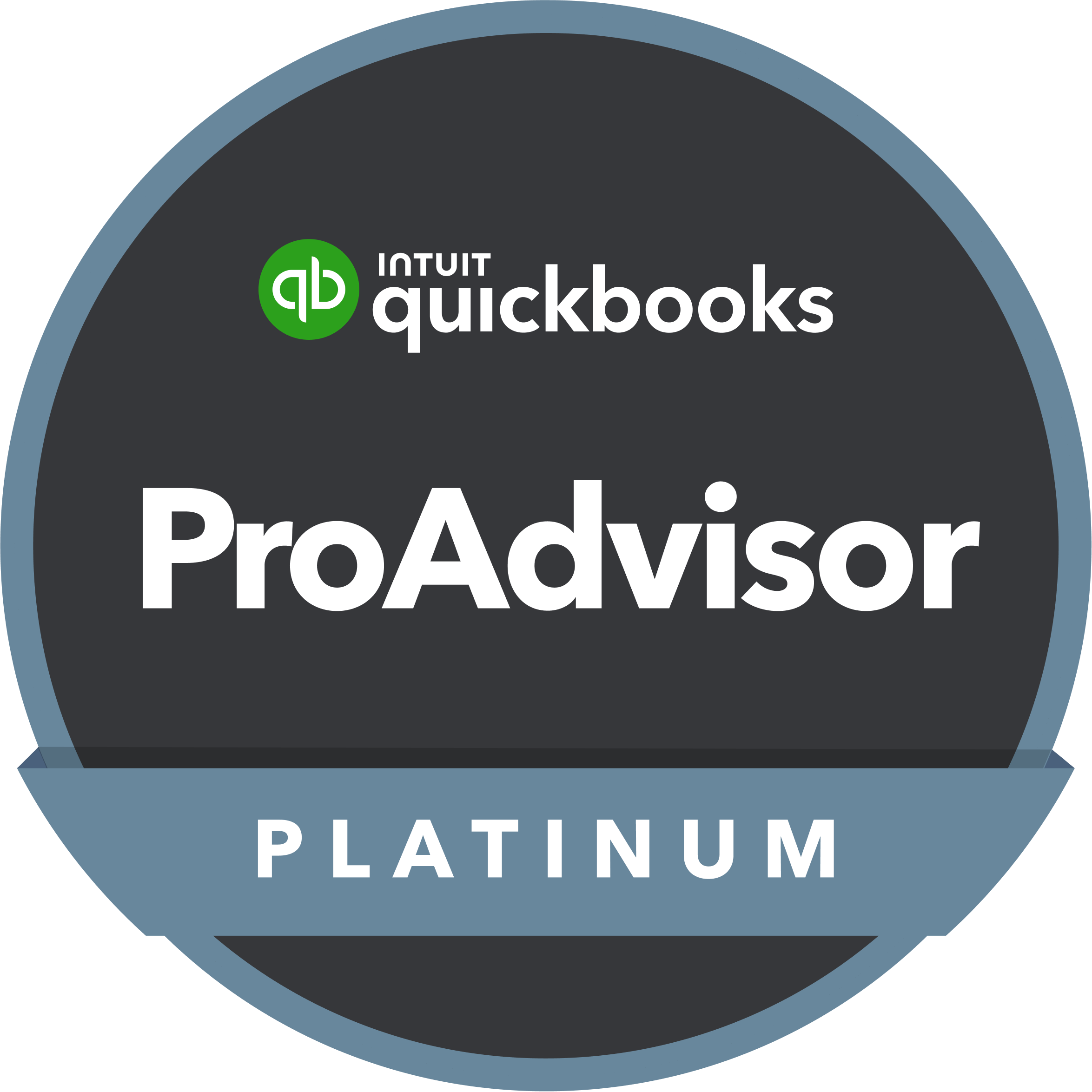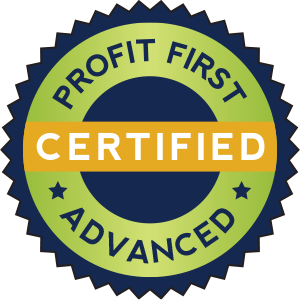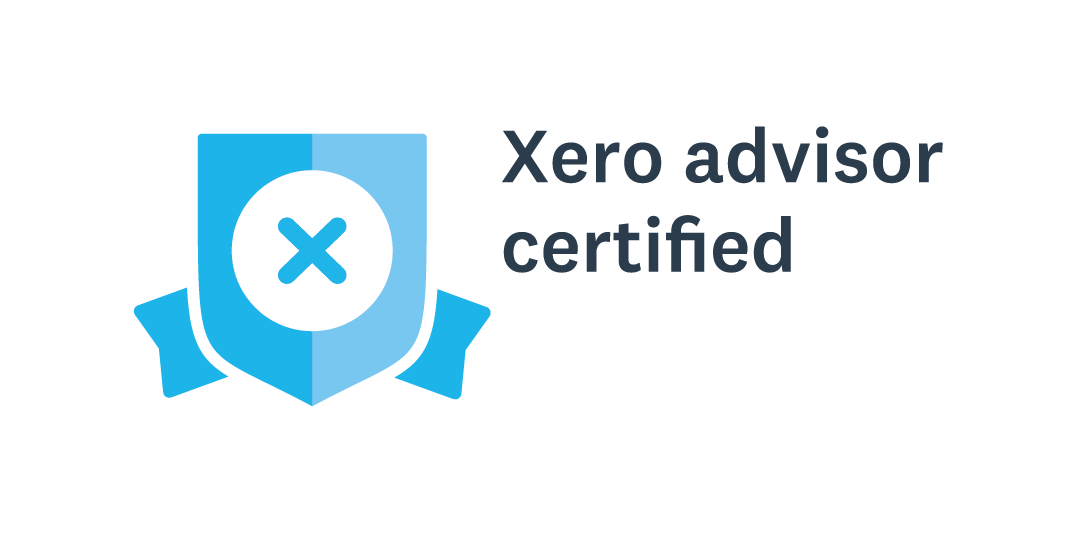A question that I quite often get asked is how much should I charge?
It's a bit of an art, as well as a science, getting pricing right.
The main thing to look at are two parts of the problem. One is how much people are willing to pay, and the other one is how much can you provide the service for, or make for product for?
1. How much is the customer willing to pay?
This involves getting into the mind of your customers. And it's not as scary as it sounds, because let's face it, we all spend more of our time as customers than business owners, really. So try and put yourself into their shoes.
The two things you need to start looking at is their perception of what you offer. What problems do you solve? How is it really a benefit to them? Also, what are their alternatives? Look at your competitors and what they offer.
2. How much does it cost you to make/do something?
The biggest mistake a lot of people make is not to include everything.
You have to consider the whole administration behind that, you've got to allow for taxes, and, more importantly, to pay yourself out of all of this.
The biggest question is capacity, this is a huge one. How much can you actually produce realistically? Is there a market out there for what you’re offering?
There's no point producing 150 items of what you make a day when you can probably only sell two. You just end up producing lots of stuff to sit in your stock room.
There's a trade off… you might make your overheads more expensive, but then you might be trying to go for a really high-end product. A good example, if you look at say, Ford and Ferrari, Ford sells a lot more cars, but then not many people can afford a Ferrari. But that doesn't mean that they've not both got valid business models.
There's a trade off between price and volume. You up the price, you'll sell less, but you might make the same turnover overall.
Keep an eye on the competition
Have a look at what your competitors are doing, and the good competitors, maybe people who are a little bit further down the road than you are selling, can be used as a kind of a benchmark of roughly where you want to be.
Because from a customer point of view, if you're more expensive, people will want to know the reason for it. If you're really cheap, they might be thinking, "Are you really budget, or do you not know what you're doing?"
Also, if you do go in too cheap, what if all your competitors know something you don't? For example, maybe at some point they've got VAT registered, and you've not thought about that, and then suddenly you have to hike your prices by 20%?
Keep things dynamic
The infrastructure and costs you need to service two clients is very different if you've got 200 clients.
The worst thing that can happen is people set up a business plan, think, "That's my business, done, that's me away." It's not quite like that.
Also, if you've not got any clients when you first start off, or any sales, it’s a bit of a leap into the unknown and you really have to have a think about how you’re going to balance things. How are you going to scrimp and save to get things going? Do the DIY MacGyver-esque form of business, until you've got the cash coming in to get your infrastructure, to help support your grow even more.




